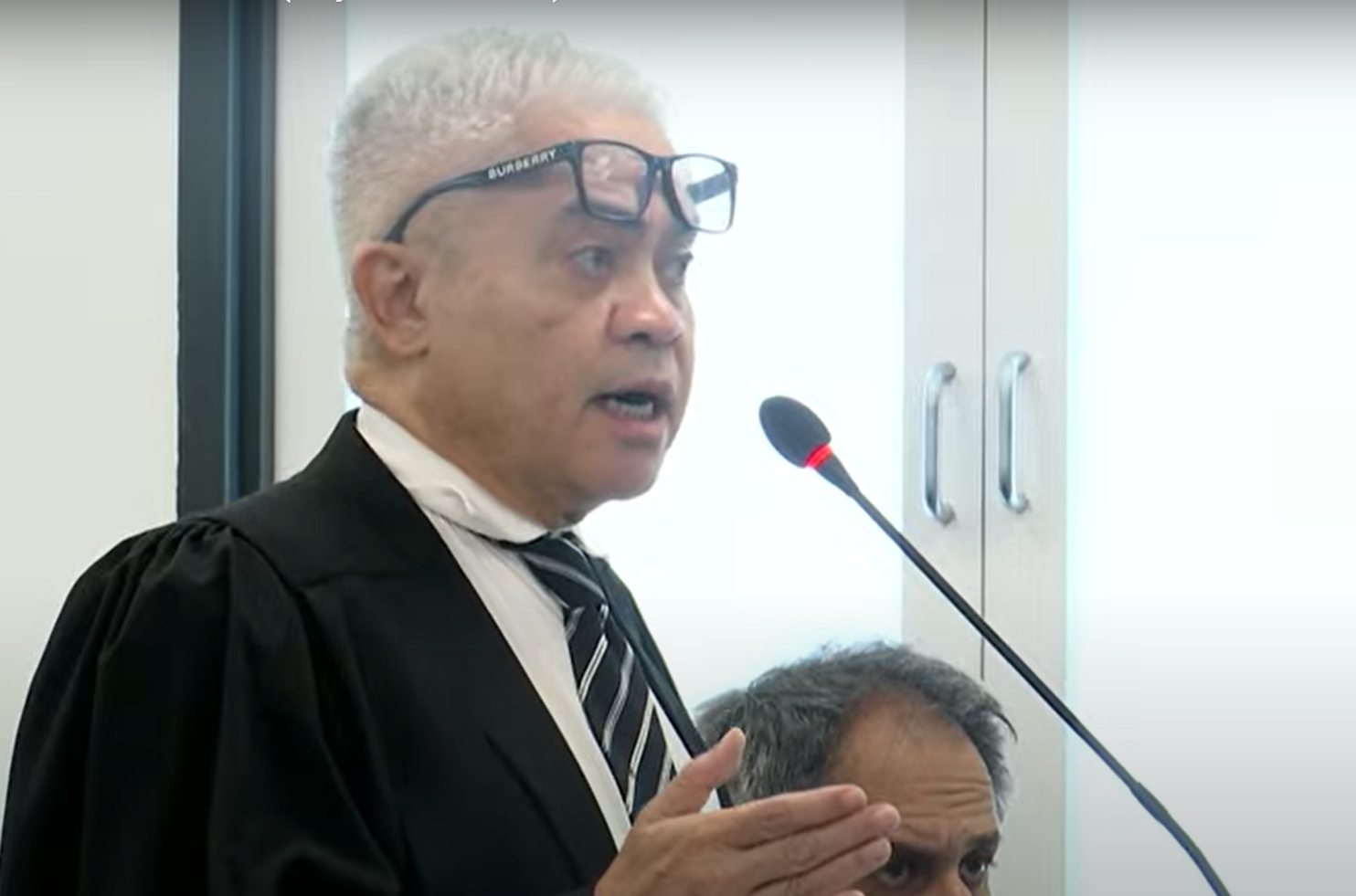THE 2013 Constitution’s amendment requirements are overly rigid and inconsistent with democratic principles.
Suva lawyer and National Federation Party legal counsel Jon Apted said this while labelling the two provisions under scrutiny, Section 159(2) and Section 160 of the Constitution, as arguably one of the most entrenched amendment processes in the world.
Speaking at the Supreme Court yesterday, where Cabinet is seeking an interpretation and application of sections 159 and 160 of the constitution, Mr Apted recommended the requirement for a national referendum be removed.
Section 160 requires that any constitutional amendment must first pass in Parliament with a three-quarters majority and then be approved by threequarters of all registered voters in a national referendum.
Section 159(2) goes further saying that certain parts of the constitution, like the rules for changing it, the immunity given to people involved in past coups, and transitional arrangements, can never be changed or removed, no matter what.
“These provisions effectively make it impossible to amend certain aspects of the constitution, without violating the constitution itself, creating a legal paradox now at the heart of the court’s consideration,” he said.
“We are persuaded by the State’s submissions that if the court sets aside sections 159(2) and 160, the Bill now before Parliament, which proposes a two-thirds majority for constitutional amendments, could lawfully proceed.”
The Bill before Parliament seeks to amend the constitution by removing the referendum requirement and replacing the amendment threshold with a two-thirds majority in Parliament.
It reportedly passed with a majority that was more than twothirds, but just short of the three-quarters required by the constitution.
When the Chief Justice, Salesi Temo asked if the court should add a two-thirds rule, Mr Apted said NFP believes it can but it might be more practical to just remove the current strict rules, as the State suggested.



